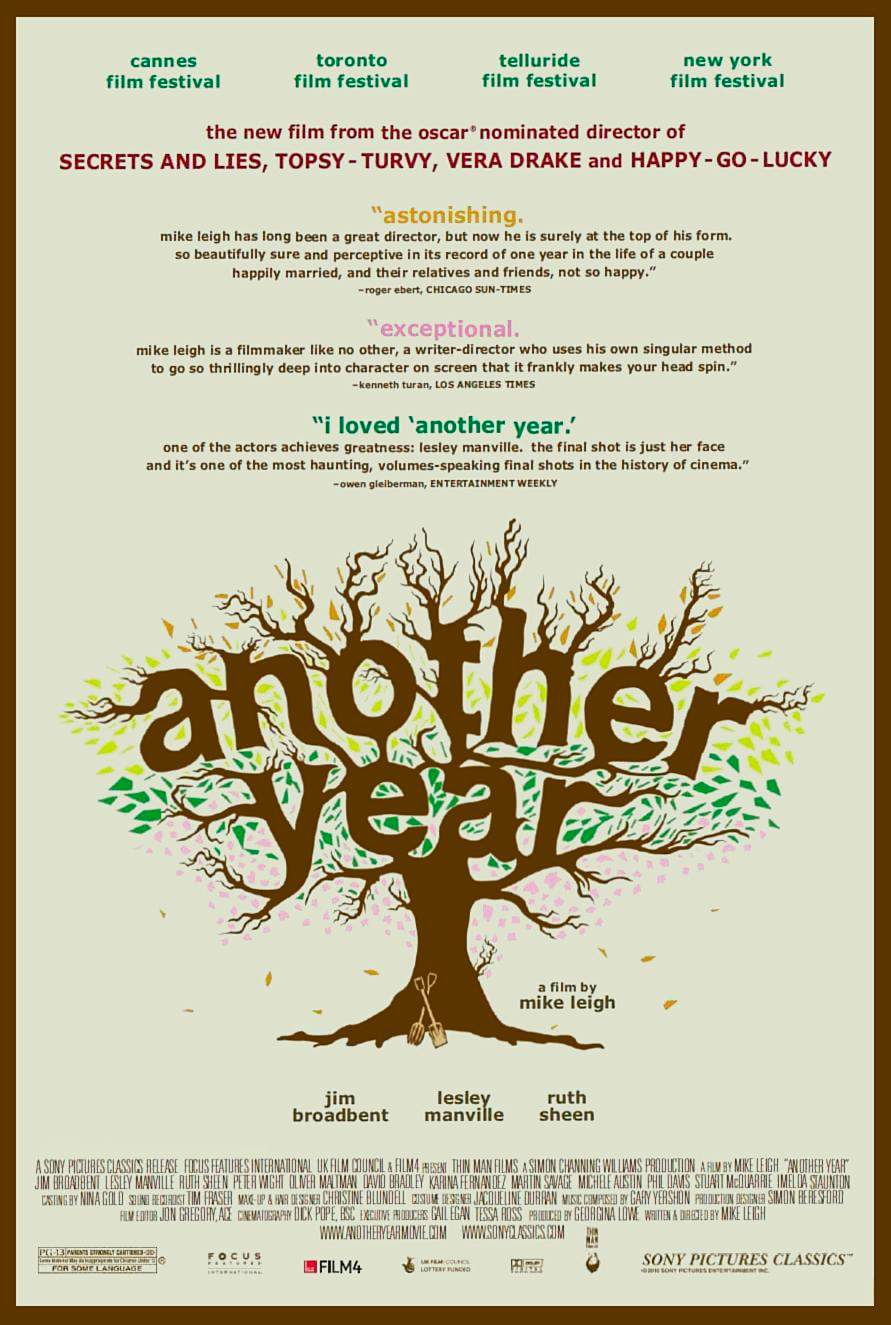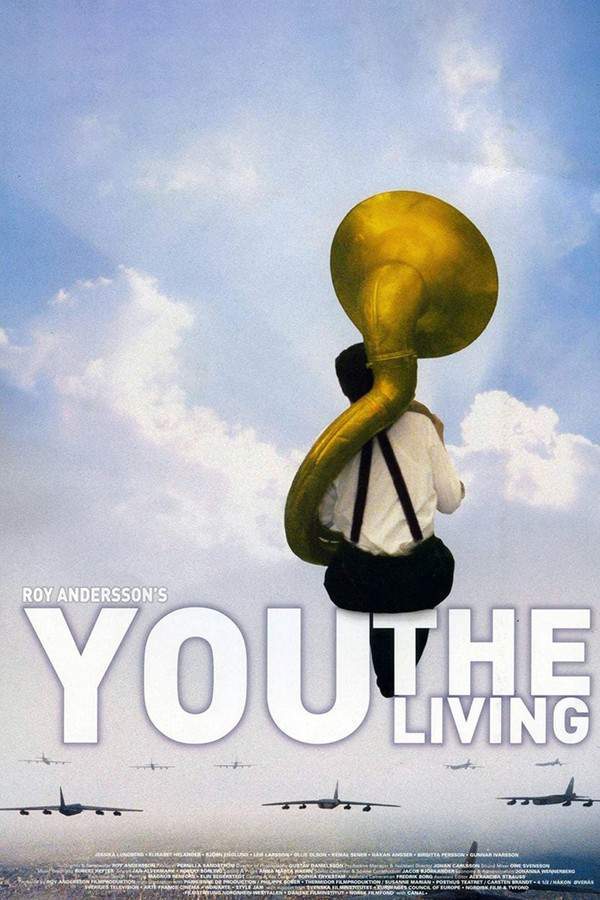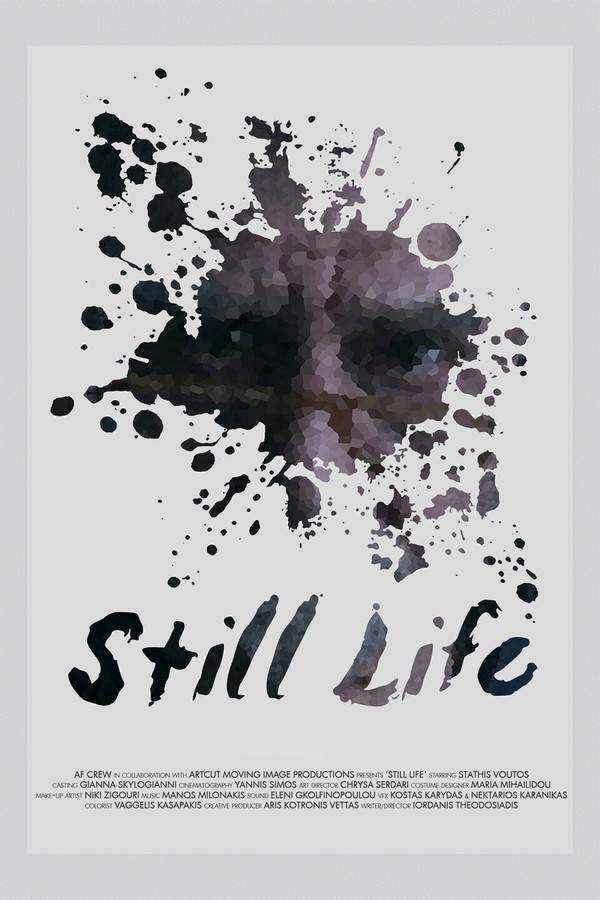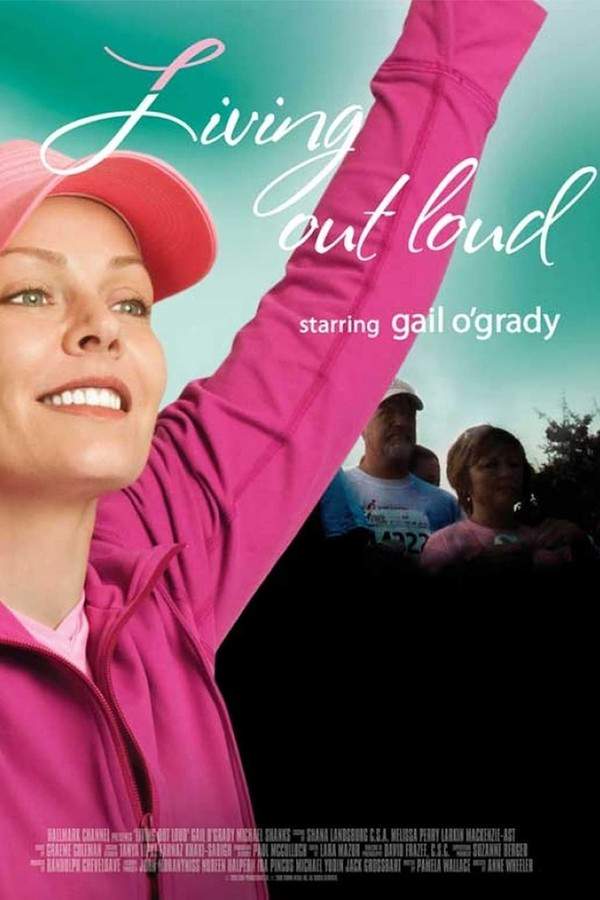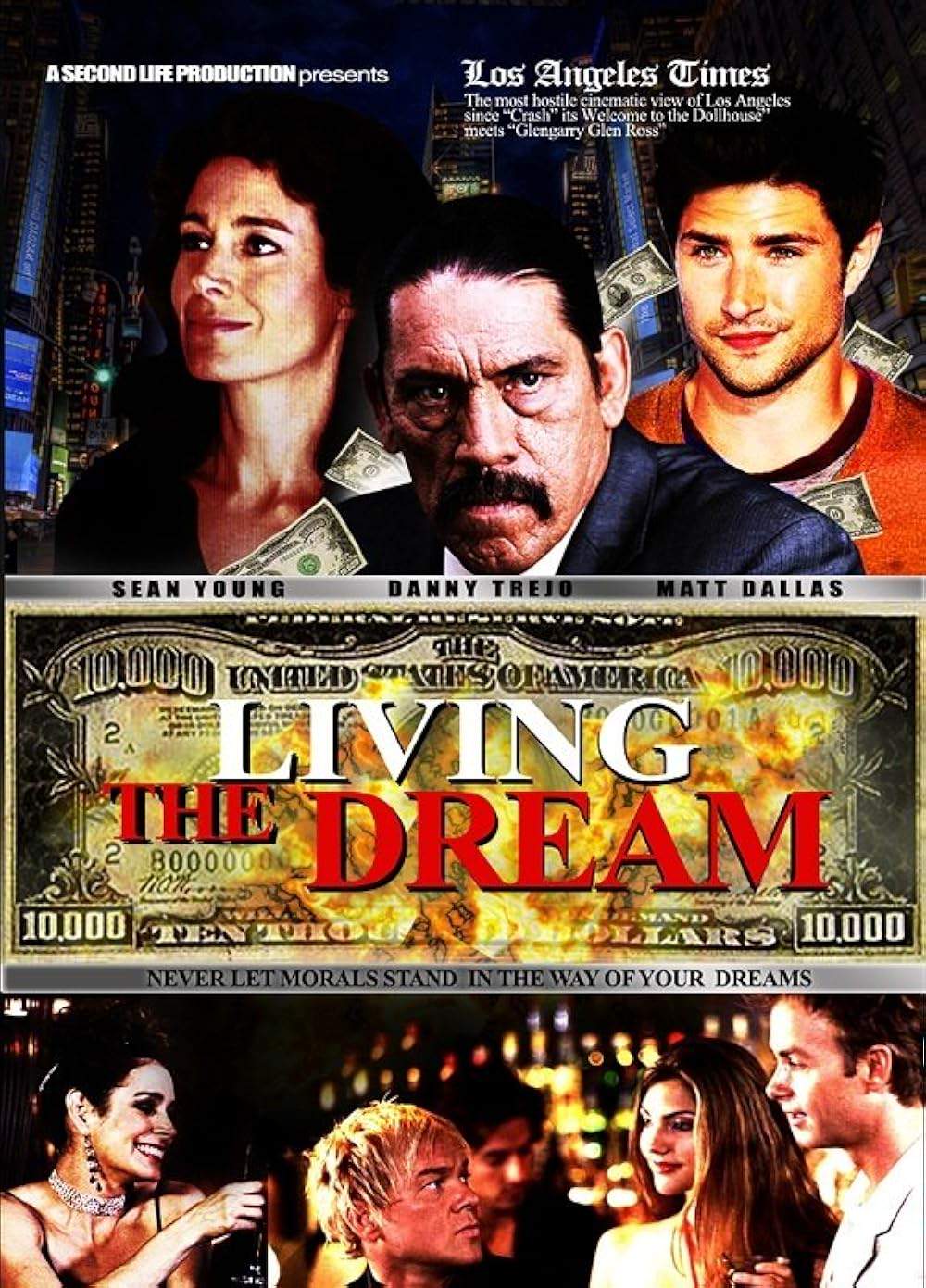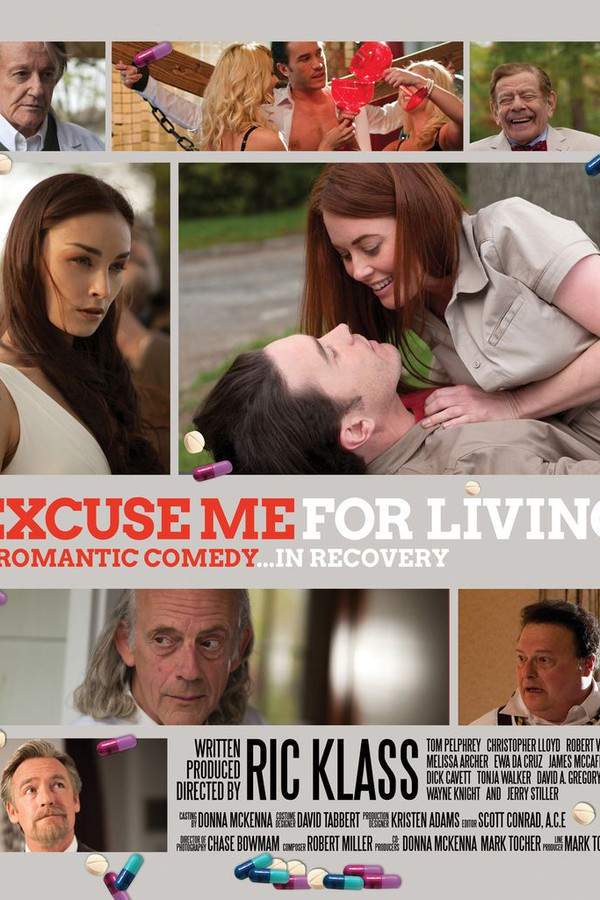Living 2022

A man finds himself stuck in a deeply monotonous routine, longing for a way to break free. He quietly begins a journey of personal change, seeking meaning and purpose beyond the confines of his everyday life. Determined to find vibrancy and inject a sense of vitality into his stagnant existence, he embarks on a quest for transformation and a chance to truly live.
Does Living have end credit scenes?
No!
Living does not have end credit scenes. You can leave when the credits roll.
Meet the Full Cast and Actors of Living
Explore the complete cast of Living, including both lead and supporting actors. Learn who plays each character, discover their past roles and achievements, and find out what makes this ensemble cast stand out in the world of film and television.
External Links and Streaming Options
Discover where to watch Living online, including streaming platforms, rental options, and official sources. Compare reviews, ratings, and in-depth movie information across sites like IMDb, TMDb, Wikipedia or Rotten Tomatoes.
Ratings and Reviews for Living
See how Living is rated across major platforms like IMDb, Metacritic, and TMDb. Compare audience scores and critic reviews to understand where Living stands among top-rated movies in its genre.

The Movie Echo Score
Living delivers a restrained, elegantly crafted meditation on mortality, anchored by Bill Nighy's nuanced performance. Critics highlight the film's subtle direction and authentic 1950s British setting, while some note a glossy visual style that detracts from its existential core. The narrative pace is measured, allowing themes to unfold without sentimentality, though occasional emotional restraint may leave viewers wanting more. Overall, the film offers a thoughtful, if modest, viewing experience that rewards attentive audiences.
The Movie Echo Score Breakdown for Living

Art & Craft
In terms of direction and visual craftsmanship, the film is praised for its restrained approach and credible period design. Critics commend the evocative framing and disciplined production values, yet a few note a glossy, almost mannerist aesthetic that softens its impact. The editing supports the measured tempo without drawing attention to itself. Consequently, the artistic execution is solid but not uniformly compelling.

Character & Emotion
When it comes to character work, Bill Nighy's performance is consistently lauded as a career highlight. Reviewers describe his portrayal as effortless, emotionally resonant, and Oscar‑worthy, providing the film's central emotional anchor. Supporting roles are noted for their organic chemistry and subtle depth. Although some viewers desire more overt expression, the overall consensus underscores a strong, nuanced cast that elevates the story.

Story & Flow
The narrative structure balances quiet contemplation with thematic weight, drawing on its Ikiru source material. Critics appreciate the measured pacing and the film's ability to pose profound questions about legacy, yet a few point to moments of stale emptiness and omitted scenes that weaken continuity. The plot remains coherent and engaging for most, resulting in a generally positive but occasionally uneven storytelling experience.

Sensory Experience
Sensory elements, including sound design and visual tone, receive mixed feedback. While the film is praised for evocative cinematography that captures 1950s Britain, some reviewers criticize a glossy, lacquered finish that undermines its existential sincerity. The soundtrack supports the restrained mood without overwhelming the narrative. Overall, the sensory execution is competent but occasionally detracts from the film's thematic intent.

Rewatch Factor
Rewatch potential stems from the film's understated elegance and strong central performance. Many viewers note lasting emotional resonance and an appreciation that deepens with subsequent viewings. However, the deliberate pacing and subdued drama may limit its appeal for repeated casual watching. The consensus suggests a solid, rewarding experience for audiences attuned to its quiet depth, granting it a respectable replay value.

81
Metascore
7.3
User Score


96%
TOMATOMETER

91%
User Score

7.2 /10
IMDb Rating

70
%
User Score

3.6
From 120 fan ratings

5.00/5
From 17 fan ratings
Take the Ultimate Living Movie Quiz
Challenge your knowledge of Living with this fun and interactive movie quiz. Test yourself on key plot points, iconic characters, hidden details, and memorable moments to see how well you really know the film.
Living Quiz: Test your knowledge about the film 'Living' (2022) with this 10-question quiz.
What year is the film set in?
1945
1953
1960
1970
Show hint
Awards & Nominations for Living
Discover all the awards and nominations received by Living, from Oscars to film festival honors. Learn how Living and its cast and crew have been recognized by critics and the industry alike.
95th Academy Awards 2023

Writing (Adapted Screenplay)
76th British Academy Film Awards 2023

Best Adapted Screenplay

28th Critics' Choice Awards 2023

Best Adapted Screenplay
29th Annual Screen Actors Guild Awards 2023

80th Golden Globe Awards 2023

Full Plot Summary and Ending Explained for Living
Read the complete plot summary of Living, including all major events, twists, and the full ending explained in detail. Explore key characters, themes, hidden meanings, and everything you need to understand the story from beginning to end.
Rodney Williams is a dedicated bureaucrat working for the London County Council in the year 1953, feeling overwhelmed as he sits amidst towering stacks of paperwork, his inspiration seemingly depleted. A group of determined women, led by Mrs. Smith, approach the council with a heartfelt petition, seeking to transform a World War II bomb site into a children’s playground. However, their request is met with indifference, as the petition is shuffled from one department to another without any real consideration. When the petition ultimately lands on Mr. Williams’ desk, he adds it to his ever-growing pile, signaling to his colleagues his intention to take no meaningful action.
In a tragic turn of events, Mr. Williams learns of his terminal cancer diagnosis, yet he chooses to keep this news a secret from his son, Michael, and daughter-in-law, Fiona. Instead, he takes a drastic step, withdrawing half of his life savings and purchasing a fatal dose of sleeping medication with plans to end his life in a serene seaside resort. At the moment of decision, however, he finds himself unable to proceed with his plan and instead encounters Mr. Sutherland, an insomniac writer in a local restaurant, whom he gifts the sleeping medicine.
Moved by Mr. Williams’ poignant story, Sutherland takes him out for a memorable evening. During their escapade, Williams trades in his traditional bowler hat for a stylish fedora. At a pub, he unexpectedly connects with his past, singing “The Rowan Tree,” a Scottish folk song that resonates deeply with his childhood. Upon returning to London, although he avoids returning to work, Williams has a chance meeting with Miss Harris, a former colleague now working at a restaurant. Their lunch together is noticed by a meddlesome neighbor, causing Fiona to demand that Michael confront his father about potential gossip.
As time goes on, Williams struggles to convey his diagnosis to Michael, with both father and son unable to breach the subject clouded by unspoken emotions. As his health deteriorates, Williams increasingly cherishes the company of Harris, whose youthful enthusiasm he longs to regain. Realizing that he wants to leave a positive mark on the world, Williams inspires his office to take action in constructing the children’s playground that was once sidelined. He successfully advocates for the project, confronting his superiors to expedite the process, yet he tragically passes away shortly after its completion.
At his funeral, a heartfelt gathering of those he impacted, Michael speculates to Harris that his father may have confided in her about his condition, a revelation that leaves lingering questions. Motivated by Williams’ legacy, his former colleagues vow to change their ways, but the pressures of their roles quickly lead them back to their old habits. Mr. Wakeling, a new recruit in the office, discovers a letter left by Williams encouraging him to remember the playground during tough times. A visit to the playground reveals a heartwarming encounter when a police officer recounts seeing Williams enjoy a moment of solace there just before he died, swinging in the snow and singing “The Rowan Tree.” The officer grapples with guilt for allowing Williams to sit outside in his fragile condition, but Wakeling reassures him that in that moment, Williams was likely experiencing greater joy than he had in a long time.
Uncover the Details: Timeline, Characters, Themes, and Beyond!

Coming soon on iOS and Android
The Plot Explained Mobile App
From blockbusters to hidden gems — dive into movie stories anytime, anywhere. Save your favorites, discover plots faster, and never miss a twist again.
Sign up to be the first to know when we launch. Your email stays private — always.
Watch Trailers, Clips & Behind-the-Scenes for Living
Watch official trailers, exclusive clips, cast interviews, and behind-the-scenes footage from Living. Dive deeper into the making of the film, its standout moments, and key production insights.
Living Themes and Keywords
Discover the central themes, ideas, and keywords that define the movie’s story, tone, and message. Analyze the film’s deeper meanings, genre influences, and recurring concepts.
Living Other Names and Titles
Explore the various alternative titles, translations, and other names used for Living across different regions and languages. Understand how the film is marketed and recognized worldwide.
Similar Movies To Living You Should Know About
Browse a curated list of movies similar in genre, tone, characters, or story structure. Discover new titles like the one you're watching, perfect for fans of related plots, vibes, or cinematic styles.
Quick Links: Summary, Cast, Ratings, More

What's After the Movie?
Not sure whether to stay after the credits? Find out!
Explore Our Movie Platform
New Movie Releases (2025)
Famous Movie Actors
Top Film Production Studios
Movie Plot Summaries & Endings
Major Movie Awards & Winners
Best Concert Films & Music Documentaries
Movie Collections and Curated Lists
© 2025 What's After the Movie. All rights reserved.























